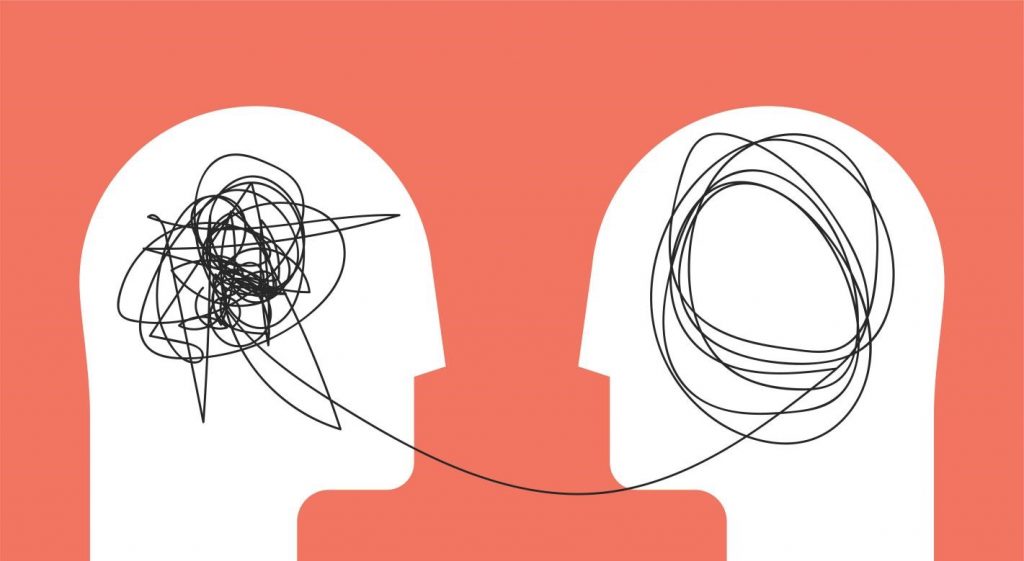Table of Contents
The Eye movement desensitization and reprocessing (EMDR) is a psychotherapy that uses left-right (reciprocal) musical prompting to help individuals recover from injuries or other disruptive beneficial encounters.
Bilateral incitement, along with a focus on terrible memory, is believed to lessen the passionate effect of memory. Then, at that point, one can begin to heal from the dread and agony related to the wound one encountered. In the long run, opening up to these memories diminishes or kills the negative reaction to them.
EMDR Therapy in Singapore was first developed in the late 1980s by therapist Francine Shapiro to treat the problem of post-terrible pressure (PTSD). As a useful methodology, EMDR relies on some psychotherapy hypotheses, including ideas from social-psychological therapy (CBT).

Advantages of EMDR
The advantages of EMDR extend beyond PTSD and the injury target. Some likely advantages of this corrective methodology include:
- Changes Negative Thinking: EMDR can help one recognize, challenge, and even change the negative contemplations that confuse the brain.
- Decreases constant agony: research shows that the corresponding incitement initiates the area of the brain related to relaxing and pleasant feelings.
- Work on trust: EMDR works by focusing on disturbing memories and negative contemplations related to one. By recognizing them, one discovers how to measure them and recover from them.
- It requires meaningless conversations: In EMDR, one doesn’t have to reveal everything about the agonizing experience as one would in psychotherapy. This makes EMDR especially valuable for individuals who have trouble discussing their injuries.
- Yields Fast Results: EMDR is delegated concise psychotherapy. Although everyone’s tour is unique, 80% to 90% of individuals report positive results at their initial three meetings.
Adequacy
According to the American Psychological Association (APA), EMDR therapy is powerful in treating the indications of PTSD.2 A small pilot investigation found that EMDR therapy was protective and convincing in treating PTSD in individuals with a manic problem.
The treatment lessened the side effects of sadness and anxiety, just as it diminished confidence. An investigation released in 2017 compared the feasibility of EMDR with CBT in treating the manifestations of the frenzy problem and in working with patients who are not convinced that EMDR is similarly as powerful as CBT.
In 2017, an audit of distributed investigations into the suitability of EMDR for the treatment of injury-related side effects in individuals with psychosis, unipolar sadness, bipolar confusion, anxiety problems, substance use problems, and constant back torment found that EMDR develops even more indications.
The research also found evidence that EMDR may even aid in the development of other non-horrific indications found in mood problems and may be valuable as an extra treatment for individuals who are in constant agony. EMDR is seen as protected with almost no side effects. While it can be very attractive, there are some potential tangles of this methodology:
Elevated mindfulness
One may encounter a significant degree of real feeling or impression that continues beyond the therapy meeting. A few groups report having horrible dreams as they begin to reprocess terrible accidents.
Potential for retraumatization: If EMDR is not used properly, it can cause individuals to feel retraumatized. Requires multiple meetings: It can take a long time to see constructive results. For some, this can turn into a monetary obstruction.
Contemplating horrible mishaps can be upsetting, especially at the beginning of therapy. Work with the specialist to discover approaches to adapting to the feelings as one proceeds with therapy. Get some information about the claim to fame. Not all EMDR consultants have some experience in every emotional well-being condition.
Many have practical experience working with individuals with PTSD, for example. Before focusing on a consultant, ask them what experience they have using EMDR with their specific problem.



